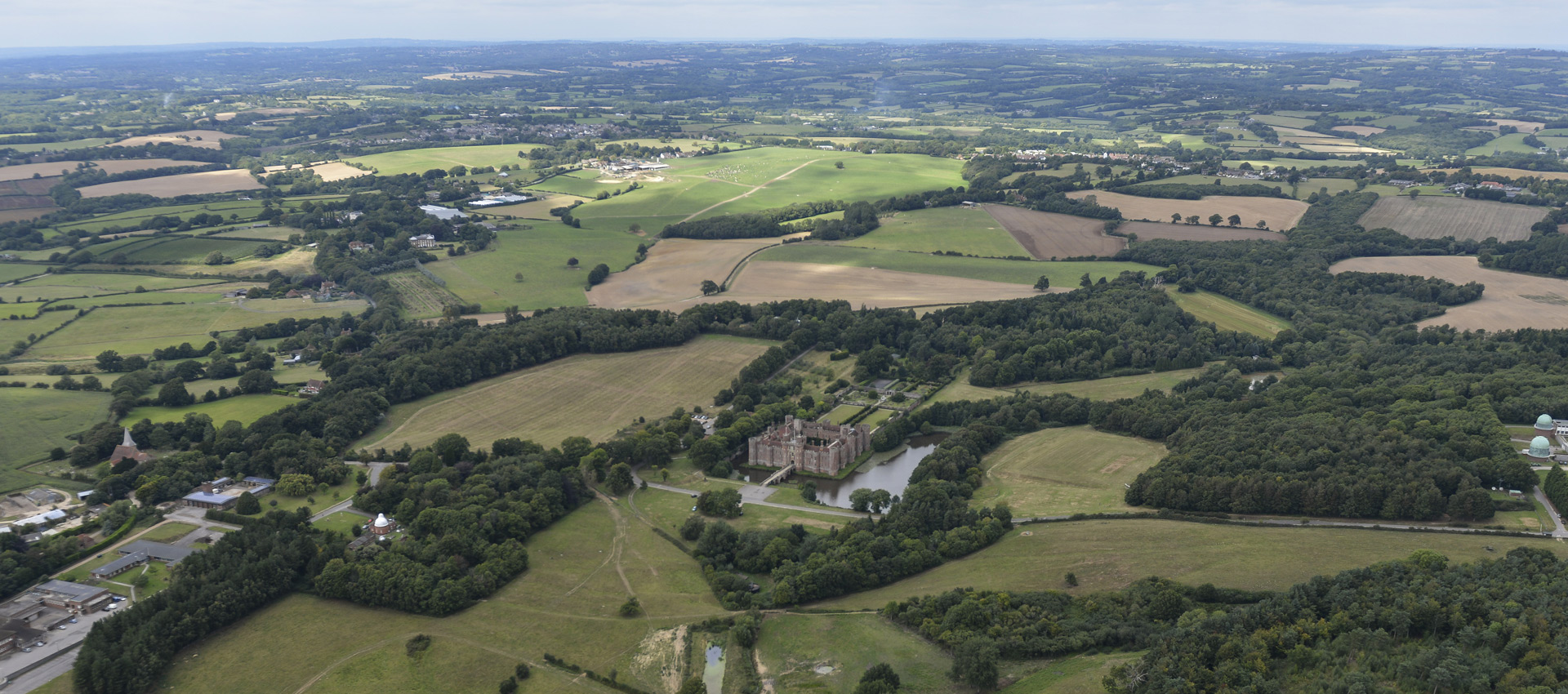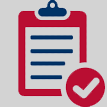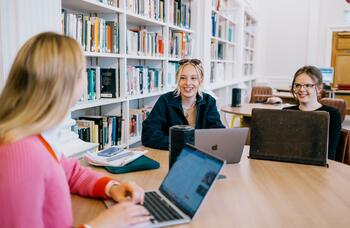
Take your compulsory third-year Fall Term classes abroad!
Combining the compulsory third year Health Sciences courses with Bader College's characteristic small class sizes, one-to-one attention from instructors, and hands-on experiential learning, this opportunity adds global perspective to your studies.
Highlights of the Upper Year Bachelor of Health Sciences Program: 
-
Earn 15.0 units (five courses) at Queen’s University’s international campus based at Herstmonceux Castle in East Sussex.
-
Experience a health system in another part of the world.
-
Benefit from small class sizes offering you graduate-style contact with your instructors.
-
Enhance your transcript for application to Graduate School, or Medical School.
-
Expand your global network for possible internships, volunteering opportunities, graduate school placements and future careers.
-
Benefit from one-on-one access to expert supervisors in your field.
-
Learn to become adaptive and considerate in your approach to global health practice through independent reflection and work with key figures in your placement
Go beyond the classroom
 In addition to lectures and guest speakers, students studying at Bader College have the added benefits of embedded experiential and learning that takes them out into the local area and beyond to see their studies in action. You will engage in a community-based practicum with a local or international community health organization and connect with professionals and organizations from around the world!
In addition to lectures and guest speakers, students studying at Bader College have the added benefits of embedded experiential and learning that takes them out into the local area and beyond to see their studies in action. You will engage in a community-based practicum with a local or international community health organization and connect with professionals and organizations from around the world!
Your community-based practicum will strengthen your abilities to respond to a community’s health needs through a practical service-learning position with an approved local or international community health organization. Students will apply a reflective approach to community engagement in global health and consider the relationship between global health practice and critical concepts from relevant fields, including international development, postcolonial theory, service learning, and public health.
Develop your own “philosophy of practice” in global health, and learn to describe the values and approaches you’ll use to identify, understand, and respond to a community’s health needs.
Funding:
Financial assistance is available for your experience, including:
-
Bader College Upper Year Bursary: valued up to $5,000 available for eligible students Arts and Science.
Please contact the Queen's Bader College Admissions Team for more details at castle@queensu.ca
Permission to enrol in this program will normally be given if you are third year standing, have a minimum GPA of 2.6, and the prerequisite courses for REPD 372, BCHM 370, IDIS 373, and GLPH 493.
Students who do not hold the prerequisites for the courses in this program may still be eligible for entry and will be considered on a case-by-case basis. Please enquire via castle@queensu.ca.
Courses of instruction include:
In REPD 372 students will obtain a general background on various aspects of human reproduction, ranging from male and female gamete development to pregnancy and birth. The course will serve as a gateway to more advanced courses in human reproduction and development. Students will apply concepts learned through modules to a simulated case study in which a human pregnancy will be followed from the pre-conception stages to parturition and the post-partum period. Evaluations will consist of quizzes, a written essay, a discussion forum and case study group assignments.
Prerequisite: Minimum 3rd year (level 3) standing, one of (ANAT100/3.0; ANAT101/3.0; [ANAT215/3.0 and ANAT216/3.0]; [ANAT315/3.0 and ANAT316/3.0]) and one of (PHGY210/6.0; PHGY214/6.0; [KNPE125/2.0 and KNPE225/3.0]; [PHGY215/3.0 and PHGY216/3.0]).
Throughout HSCI 383, Advanced Research Methodologies, you will develop an understanding of the three primary types of research employed in health sciences: Experimental quantitative, observational quantitative, and qualitative.
For each approach, we will explore research procedures from developing a research question to interpreting results. By the end of the course, students will be able to develop an informed research proposal with a detailed description of planned methodology and analysis.
This course was previously BMED 383/3.0 - Advanced Research Methodologies..
IDIS373, Health Ethics, Law, and Policy, is an introduction to ethical, legal and regulatory requirements for people working in the health professions. Many of the decisions healthcare workers make have an ethical or legal dimension. In some of these situations, knowing or doing the right thing can be unclear or difficult. In this course, students will learn how to recognize aspects of health care that raise ethical and legal questions and will develop approaches to creatively and effectively answering these questions. Over twelve weeks, we cover ethical and legal issues encountered in most types of health care organizations, including acute care hospitals, rehabilitation hospitals, outpatient facilities, dental clinics, nursing homes, home care organizations, and health care systems. The values, principles and laws we review are also applicable to diverse client and patient populations.
This course is designed to prepare students who are planning to apply to health professional programs and emphasizes learning-by-doing. In addition to introducing students to a wide range of ethical and legal issues in healthcare using a case-based approach, it also builds on the foundational skills in IDIS173 (previously BMED 173). Students will develop advanced abilities to charitably understand contentious issues from multiple angles, assemble evidence in order to develop a position, and to communicate complex ideas. Students will also become acquainted with some of the biases, mistakes and mental shortcuts people commonly take in their reasoning and how to avoid them.
Prerequisite: Minimum 3rd year (level 3) standing.
This course will strengthen students’ abilities to respond to a community’s health needs through a practical service-learning position with an approved local or international community health organization. Students will apply a reflective approach to community engagement in global health and consider the relationship between global health practice and critical concepts from relevant fields, including international development, postcolonial theory, service learning, and public health.
In order to achieve 15.0 units for the term, You can also choose an additional 3.0 course from our robust fall offering to complement your degree plan and maximise your experience.
Why take this course?
Thank you for the opportunity your class has provided for me. Currently, I volunteer by taking care of palliative clients. The more I move forward in those positions, the more I come to realize just how invaluable the lessons I learned at Bader College were.
In fact, in a couple of recent interviews I shared the "listening-to and understanding" caring approach and my thoughts on the philosophy of curiosity, which I was commended for.
I am not sure I will ever forget the experience, so I wanted to say thank you!
Student Testimonial: GLPH 493
